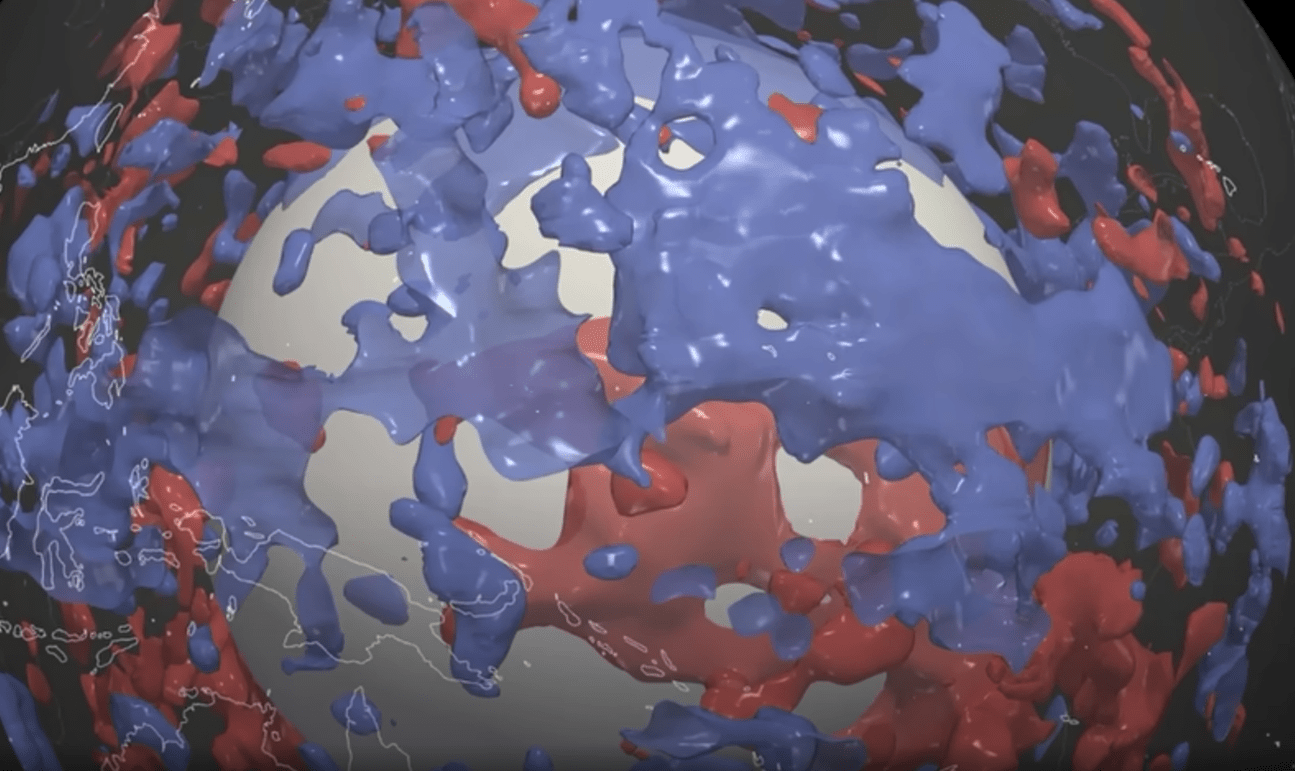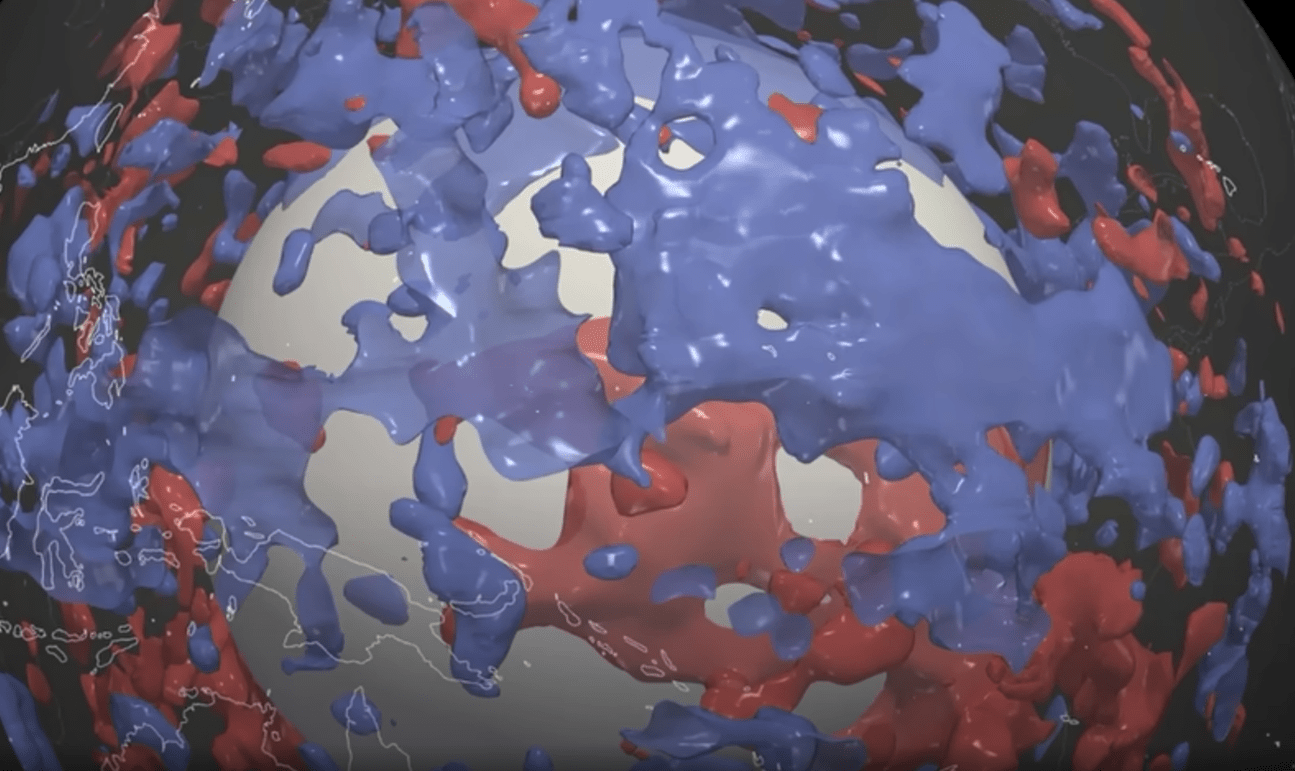What is the rigid outer layer of Earth that includes the crust and upper mantle?
Lithosphere
Fill in the Blank :
A rock is a solid aggregate of __________ or __________.
Minerals or Mineraloids
Fill in the Blank :
A mineral is a naturally occurring, ________ solid with a definite chemical composition and __________ structure.
Inorganic, Crystalline
Density = Mass / Volume
Minerva, House Mouse, Wisdom
Animus, Fox, Innovation
Veritas, Horned Owl, Truth
Eureka, Bull Frog, Curiosity
Which boundary type is responsible for creating the San Andreas Fault?
Transform Boundary
What are the three major types of rock?
Igneous, Sedimentary, Metamorphic
What is the hardest mineral on the Mohs scale?
Diamond
A rock has a mass of 60g and a volume of 20cm³. Calculate its density.
3 g/cm³ (D = 60/20)
In what year did the space shuttle challenger disaster occur? Bonus : What month? NO CHEATING!!!!!!
January, 1986
Name a geological feature formed at an oceanic-continental convergent boundary.
Oceanic Trench or Volcanic Arch
What is the Rock Cycle?
A continuous process of rock formation and transformation.
Which property describes how a mineral breaks along flat planes
Cleavage
A 150g sample of quartz displaces 50mL of water. What is its density?
3 g/cm³ (D = 150/50)

What technology allowed the new discovery we discussed in class ?
Worldwide seismic sensors and artificial intelligence
What forms when a continental and an oceanic crust form a convergent boundary?
Explain the difference between weathering, erosion and deposition.
Weathering - breakdown of rocks into smaller pieces
Erosion - Transport of sediments by wind, water, ice, gravity.
Deposition - Process by which sediments settle and accumulate in a new location

Mystery Sample
- Luster: Metallic
- Streak: Dark gray
- Hardness (Mohs): ~2.5
Which mineral best matches the mystery sample’s luster, streak color, and hardness?
Galena
A mystery mineral has a density of 2.7 g/cm³. If its volume is 10cm³, what is its mass?
27g (m = D × V = 2.7 × 10)

What was discovered?
Massive structures at the center of oceanic and continental plates
Compare seafloor spreading and subduction zones in terms of crust creation/destruction.
Seafloor spreading creates new oceanic crust at divergent boundaries; subduction zones destroy old crust at convergent boundaries.
A group of researchers collects water from four different streams to measure the concentration of a particular pollutant. Each sample is 4 liters. The masses of the pollutant found in each sample are:
- Stream A: 1.6 g
They also know that for every 0.10 g/L of this pollutant, the local snail population decreases by 5%.
- Calculate the pollutant concentration (g/L) for each stream.
- Determine the percentage decrease in snail population in the stream based on its pollutant concentration.
20% decrease in the snail population.

Why is this discovery relevant to tectonic theory?
Tectonic theory explains the surface features of the crust given the boundaries between plates and therefore does not offer an explanation for how these massive structures found in the center of plates could have formed.